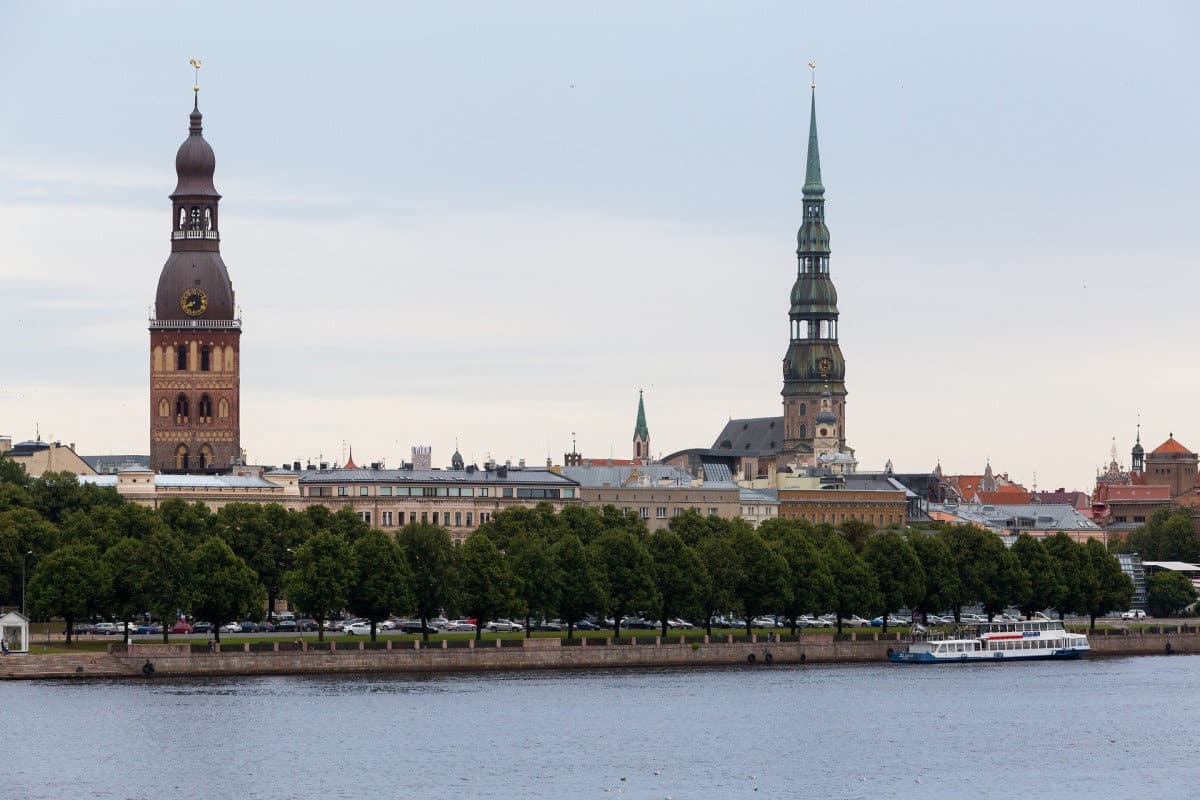Gambling operators challenge Latvia activity suspension

Gambling operators in Latvia are pushing legal action against the decision to spend all licences of this kind in the country.
Online gambling has been banned since April, in an attempt to reduce potential problem gambling risks that could stem from isolation during COVID-19.
Originally passed in the Saeima of the Republic of Latvia in March, the country’s Coronavirus Bill had been unclear on iGaming. Last month, it was confirmed that both land-based and digital gambling is currently forbidden.
But now, the Constitutional Court of Latvia has opened two cases from brands looking to challenge this decision.
Taking it to the courtroom
Last Friday (8th May), the First Chamber of the Constitutional Court of Latvia opened a case from Enlabs, an Optibet operator.
According to the court, Enlabs has been “deprived of the right to conduct commercial activities – to organise gambling in an interactive environment – and to earn income from it”.
Enlabs believes that the ban on gambling is a violation of Article 105 of Latvia’s Constitution (a.k.a. Satversme). This section of the legislation, which deals with property rights, states the following.
“Everyone has the right to own property.
“Property may not be used against the public interest. Property rights may be restricted only in accordance with the law.
“Compulsory expropriation of property for the needs of the public shall be permitted only in exceptional cases on the basis of a separate law against fair compensation.”
The operator also argues that March’s passed legislation goes against Article 49 of the Treaty on the Functioning of the European Union (TFEU).
Article 49 of the TFEU says that “restrictions on the freedom of establishment of nationals of a Member State in the territory of another Member State shall be prohibited”.
It also states:
“Restrictions on the opening of agencies, branches or subsidiaries by nationals of Member States who have established an undertaking in one Member State shall also be prohibited.
“Freedom of establishment includes the right to take up and pursue activities as self-employed persons and to set up and manage undertakings, in particular companies.”
Further violations suggested by operators
The second court case came four days later from Novomatic-owned online operator and gaming hall Alfor Group. Alfor believes that the suspension went against Article 105 of the Satversme, which refers to Latvia as an “independent and democratic republic”.
The operator also believes that Article 91 was violated. In this, “all people in Latvia are equal before the law and the court.”
According to Alfor, the Coronavirus Bill is also non-compliant with the right to property – plus the “legitimate expectations” from Article 1.
The Saeima has until 8th July to respond to Enlabs’ case and 12th July for Alfor’s. In terms of deadlines for preparing these cases, that will come three months after the above dates.






